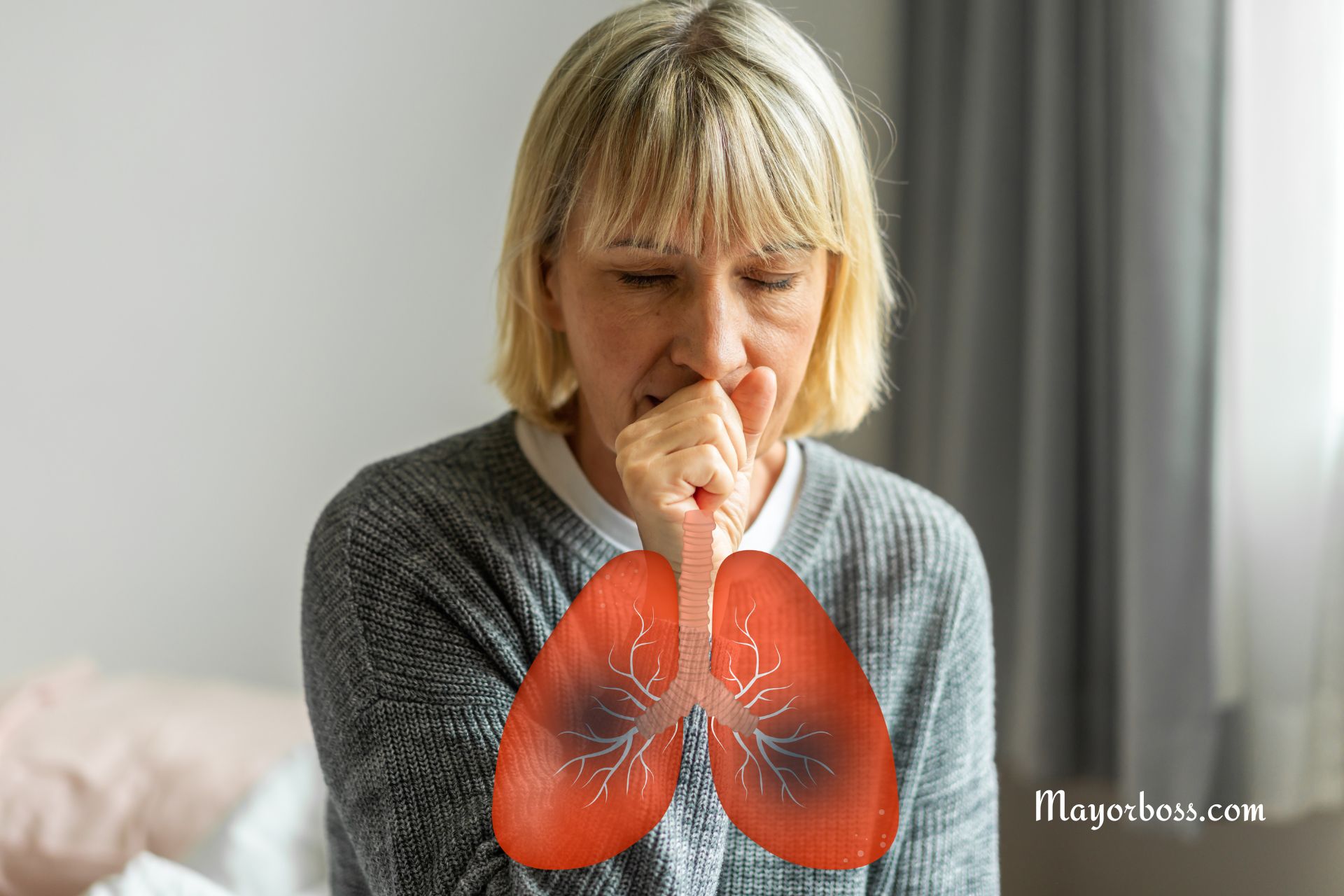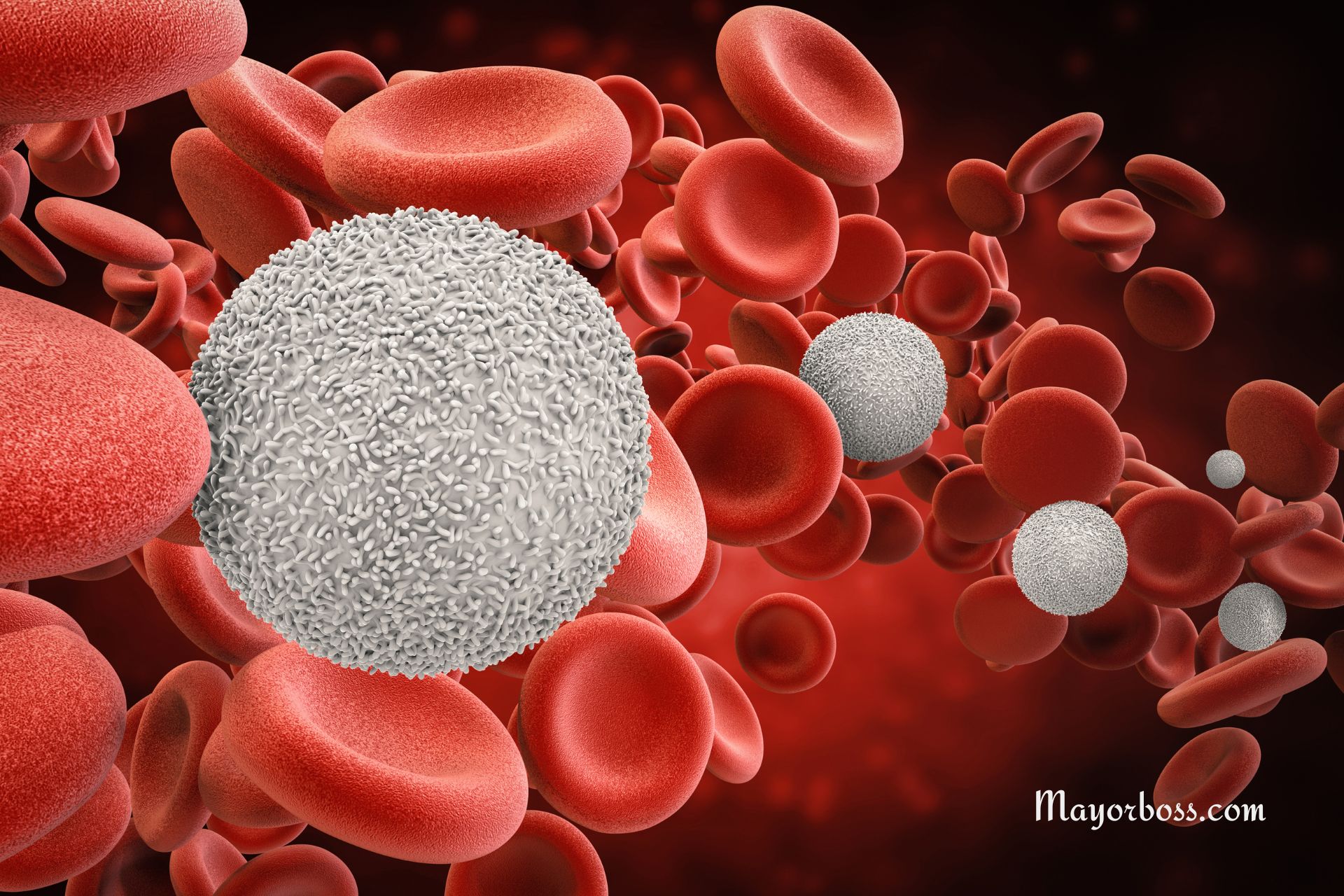What Are the Symptoms of the New Virus HMPV?
Human Metapneumovirus, or HMPV, is a virus that affects the lungs and airways. The Centers for Disease Control and Prevention experts say the “symptoms include cough, fever, nasal congestion, and shortness of breath. Your healthcare provider can perform a test. However, currently, there is no treatment.” Recently, HMPV has been in the news because of a rise in cases, especially in China. Knowing its symptoms can help people get care sooner.

Common Symptoms of HMPV
HMPV mainly affects the breathing system and causes symptoms similar to a cold or flu. These symptoms usually show up 3 to 6 days after catching the virus. They can be mild or more serious.
- Cough: A cough that doesn’t go away is a very common symptom.
- Stuffy or Runny Nose: Like with a cold, people might have a clogged or runny nose.
- Sore Throat: A scratchy or painful throat often happens with this infection.
- Fever: Some people get a mild or moderate fever as their body fights the virus.
In some cases, especially in individuals at higher risk, the virus can move to the lungs and cause more serious problems:
- Wheezing: A whistling sound while breathing can mean the airways are tight.
- Shortness of Breath: It might feel hard to breathe or catch your breath.
- Bronchitis: The tubes that carry air to the lungs can get swollen, causing coughing and mucus.
- Pneumonia: In very serious cases, HMPV can cause pneumonia, which makes the tiny air sacs in the lungs inflamed.
Who Is More Likely to Get Really Sick?
While anyone can catch HMPV, some people are more likely to get very sick from it:
- Young Children: Kids under 5 are more at risk because their immune systems aren’t fully developed yet.
- Older Adults: People 65 and older might get sicker because their immune systems are weaker.
- People with Weak Immune Systems: This includes people on treatments like chemotherapy or those with long-term illnesses.
- People with Lung Problems: Conditions like asthma or COPD can make the symptoms worse.
How Long Do Symptoms Last?
For most healthy people, symptoms are mild and go away in 2 to 5 days without needing a doctor. However, for individuals at higher risk, symptoms can last longer and may need medical care.
When Should You See a Doctor?
It’s important to watch how symptoms change. See a doctor if you or someone else has:
- High Fever That Won’t Go Away: If fever medicine doesn’t work, it’s time to get help.
- Trouble Breathing: Fast breathing, wheezing, or feeling out of breath should not be ignored.
- Chest Pain: Pain in the chest that isn’t normal might mean a serious issue.
- Blue Lips or Face: This shows low oxygen levels and needs emergency care.
How Can You Protect Yourself?
There isn’t a vaccine for HMPV yet, but you can lower your chances of getting it by:
- Washing Your Hands Often: Use soap and water for at least 20 seconds.
- Staying Away from Sick People: If you’re sick, keep your distance from others to avoid spreading it.
- Cleaning Surfaces: Wipe down things you touch often, like door handles and phones.
- Wearing a Mask: In crowded places, a mask can offer extra protection, especially during cold and flu season.
If you have symptoms and are in a high-risk group, talk to a doctor to get the right care.






